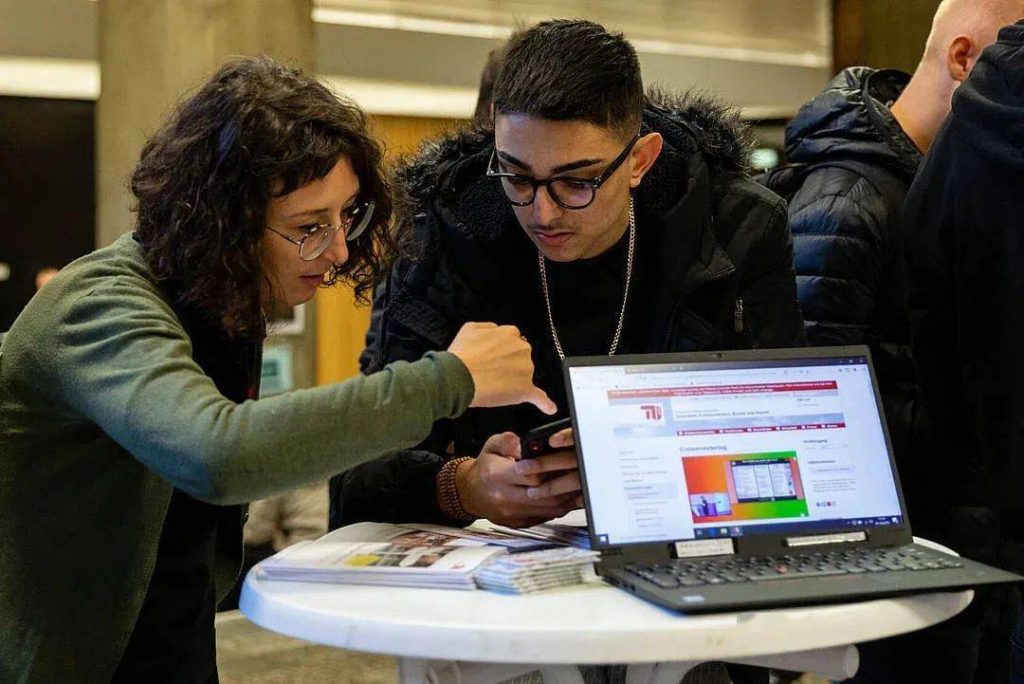
Yes, reading history can indeed help ordinary people transcend feelings of powerlessness. History provides us with valuable insights into the experiences, struggles, and achievements of people who came before us. By studying history, we gain a broader perspective on human civilization, social progress, and the challenges individuals and societies have faced throughout time.
Here are a few ways in which reading history can empower and inspire ordinary people:
- Understanding resilience and triumph: History is full of stories of individuals and communities overcoming adversity and achieving remarkable feats. By reading about these experiences, we learn about human resilience, determination, and the ability to overcome obstacles. This knowledge can inspire and motivate us to face our own challenges with courage and perseverance.
- Recognizing patterns and cycles: History often repeats itself in various forms. By studying the patterns and cycles of historical events, we gain insights into the dynamics of power, politics, and social change. This knowledge enables us to make informed decisions and anticipate potential outcomes, thus empowering us to actively participate in shaping our present and future.
- Gaining perspective and empathy: History exposes us to diverse perspectives, cultures, and experiences. It helps us develop empathy by enabling us to see the world through the eyes of people from different time periods and backgrounds. This expanded perspective fosters understanding, compassion, and the ability to relate to others, even in the face of power imbalances.
- Challenging the status quo: History provides us with examples of individuals and groups who challenged oppressive systems, fought for justice, and brought about significant societal changes. By learning about their struggles and achievements, we are encouraged to question the status quo, challenge unjust power structures, and advocate for positive change in our own lives and communities.
- Promoting critical thinking: Studying history encourages critical thinking and analytical skills. It teaches us to evaluate sources, consider different interpretations, and question prevailing narratives. This ability to think critically equips ordinary people with the tools to navigate complex issues, make informed judgments, and actively engage in discussions and debates.
In summary, reading history can empower ordinary people by providing them with knowledge, inspiration, perspective, and critical thinking skills. It enables individuals to transcend feelings of powerlessness and become active participants in shaping their own lives and the world around them.
